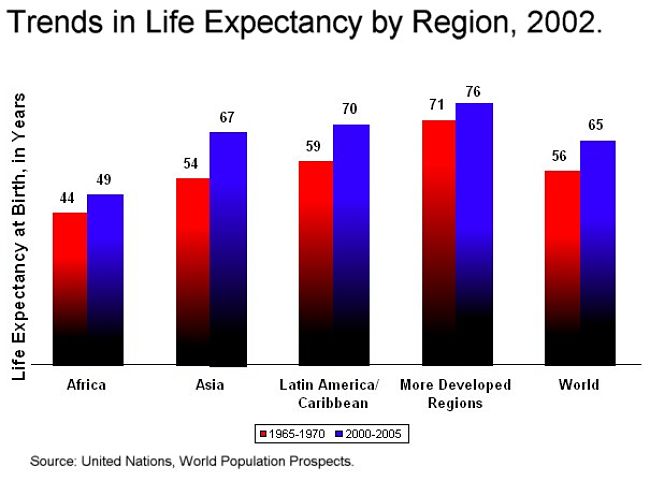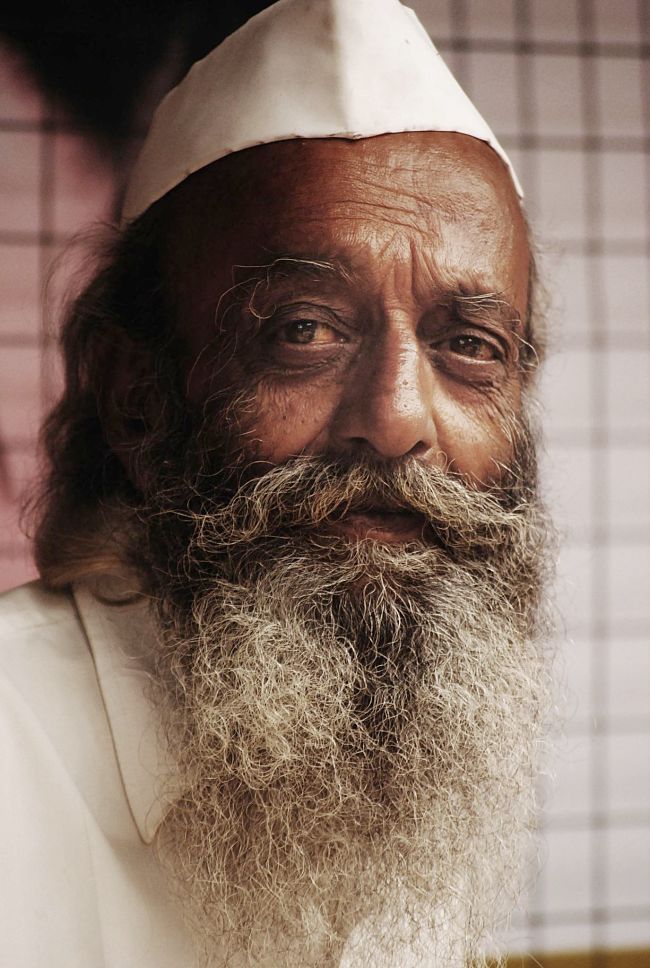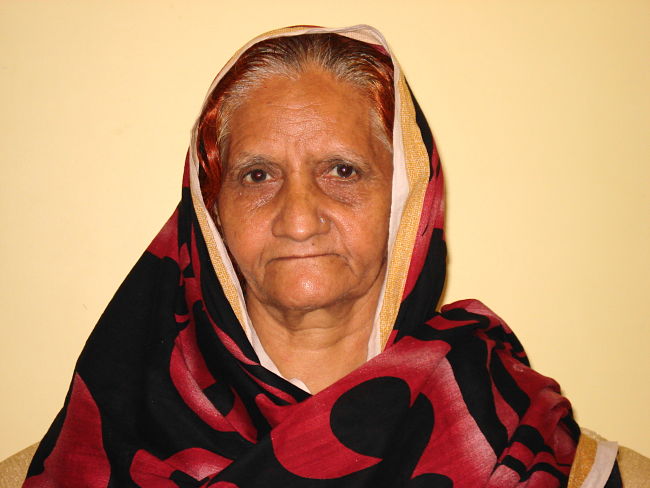Long Life Diet Plan to for Living to 100 Years Old- Okinawa Diet
More Japanese people survive longer than 100 years than anyone else.
The average life expectancy of people living on the Japanese island of Okinawa is 86 years for women and 78 years for men and these people are amongst longest living people on earth.
Okinawans have much lower rates of life shortening ailments than Americans, with only 20% of the heart disease rate, 25% of the prostrate and breast cancer rate and, and 65% of the dementia rate.
One in three residents on the Greek island of Ikaria survive past 90 years.
A community on the island of Sardinia, has twice the rate of centurians than the average for the rest of Italy.
The average Adventist in California, USA lives four to ten years longer than the average resident.
So, where is the fountain of youth in these locations?
What is the secret of longevity? Is it lifestyles, what they eat, what they don't eat, or some magic ingredient or potion that is common or similar?
This article explores some of the answers provided by recent research.

What Do the Centurians Say is the Secret to a Long Life?
- Jiroemon Kimura of Japan, who died at age 116 years, had the motto "eat light to live long" and recommended miso soup, porridge and vegetables. Mr Kimura also attributed his longevity to getting out in the sunlight. His regular diet consisted of rice, pumpkins and sweet potatoes. He also said that he tried to stop eating when he felt 80% full.
- The favorite dish of Misao Okawa, aged 115 years, was mackerel sushi, containing a lot of vinegar. She attributed her long life to only eating food made in Japan.
- James McCoubrey of the United States, born 13 September 1901, is the oldest man still living. McCoubrey will turn 112 on September 13, 2013. He makes few suggestions.
- The oldest person ever is probably a Frenchwoman, Jeanne Calment, who died in 1997, with a reported age of 122 years. She loved chocolate and had lots of olive oil on her meals. She drank red wine daily.
- The oldest Russian, a sawmill worker named Magomed Labazanov, died recently with a reported age of 122 years. He recommended that people eat wild garlic.
- The oldest person in Britain, Grace Jones of Bermondsey, aged 113 years, preferred 'good English food', and said she 'never ate anything frozen'. She also enjoyed a regular glass of sherry.
- One of Britain's oldest men, Ralph Tarrant aged 109 years smoked until he was 70 and likes cottage pie and whiskey.
So clearly, while most centenarians live in Japan there is not consistent pattern and a small number of people in most countries live well over 100 years. There are more than than 50,000 living centenarians in Japan and this is generally attributed to the Japanese diet of fish, rice, vegetables and soy.
What Role Does Diet Play in Life Expectancy?
Many people speak in glowing terms about the Japanese diet, or the Sardinian diet, or the Ikarian diet.
However, as expected, extreme old age is the exception, and may occur despite the perils of diet.
Undoubtedly it is the Okinawans who have best claim to the link between diet and longetivity.
Extensive studies have shown that they have:
- a low risk of arteriosclerosis
- low risk of stomach cancer
- a very low risk cancers such as breast and prostate cancer, which are hormone derived.
Studies of their diet showed that they eat:
- three servings of fish a week, on average
- lots of whole grains
- lots of vegetables
- a variety of soy products
- lots of tofu
- more konbu seaweed than anyone else on planet Earth
- regular meals containing octopus and squid, which are both rich in a substance called taurine that helps lower blood pressure and cholesterol and blood pressure.
- regular meals of a local purple sweet potatoes that is rich in carotenoids, flavonoids, lycopene, vitamin E.
- the local bitter cucumbers (goya) they eat, have been demonstrated to help lower blood sugar in diabetics.
- turmeric and jasmine tea, though not part of the Okinawan diet are regularly promoted as helping to ward off cancer.
- being female also helps as 85% of the world's centenarians are female.
The researchers who have studies the centenarians around the world claim that people's diet determines around 30% of how long people live.
Genetics is important as well, as is where people live, for unknown reasons.
The researchers also put a dampener on the idea that diet is a surrogate for the fountain of youth. There is not enough evidence that people who adopted the Japanese diet, or the Okinawan diet, in non-Japanese settings, would live much longer.
Also, while the focus is currently on Japan, the past focus was on Sweden (Nordic diet) and even New Zealand.
One theory is that the way to slow or postpone the ageing process is to avoid the build up of molecular damage throughout the body.
General dietary advice is to avoid red meat, dairy and sugar that appear to be triggers for molecular damage and the oxidation processes.
Eating fish, nuts, seeds, beans, legumes and whole grains, which are rich in a variety of anti-oxidants may help the body to reduce the kind of cellular damage that causes cellular damage and lowers life expectancy.
There is no magic pill, potion or prescribed diet that will work for everyone. But these general changes in diet to consume more antioxidants may help.
People tend to live longer now than they ever have.
This is attributed to better health care and treatments for many of the aliments that killed people early in the lives, in the past.
One other general conclusion from the study of the centenarians is the possible role of calorie restriction, which is simply eating less food.
Okinawa, Sardinia and parts of Scandinavia have all been somewhat immune to the flow of rich western foods that has flooded into many places throughout the world, ruining their traditional diets. All three of these locations, have suffered from food shortages in the past. Food is not plentiful nor served in large portions in traditional diets.
Many researchers now claim that reducing your daily intake of calories from 20-40% may help the body cope with the perils of cell damage and the overworked immune system.
The Okinawan's have a dinner time mantra 'eat until you are 8/10 th full' ("hara hachi bu").
What's For Lunch?


